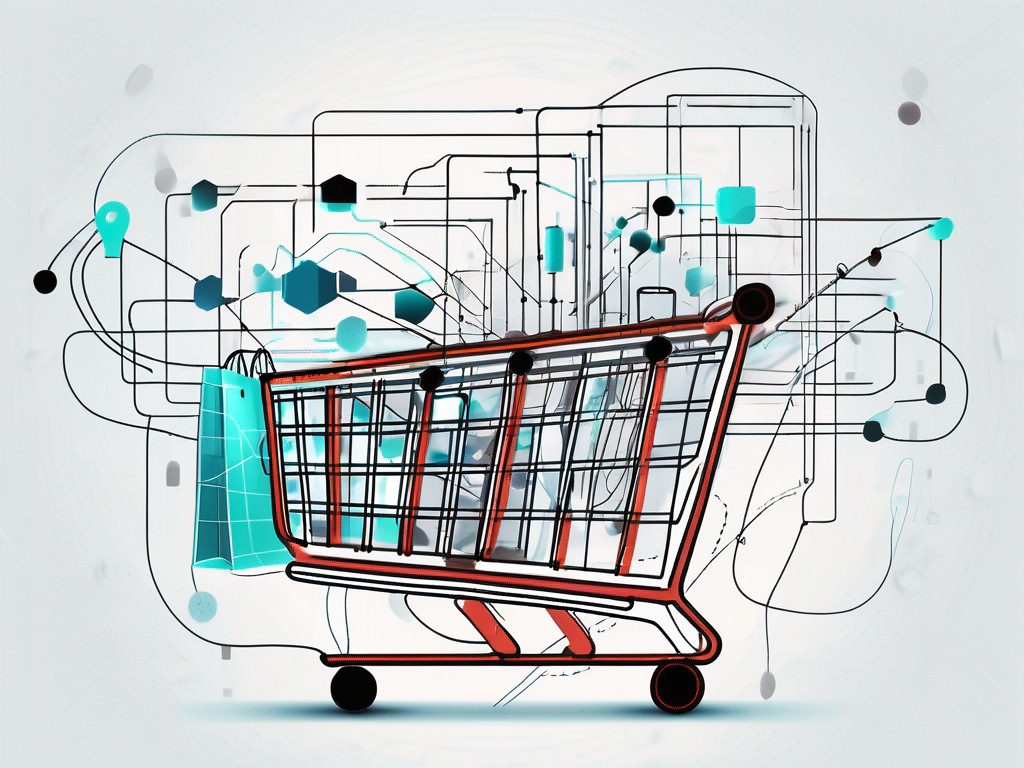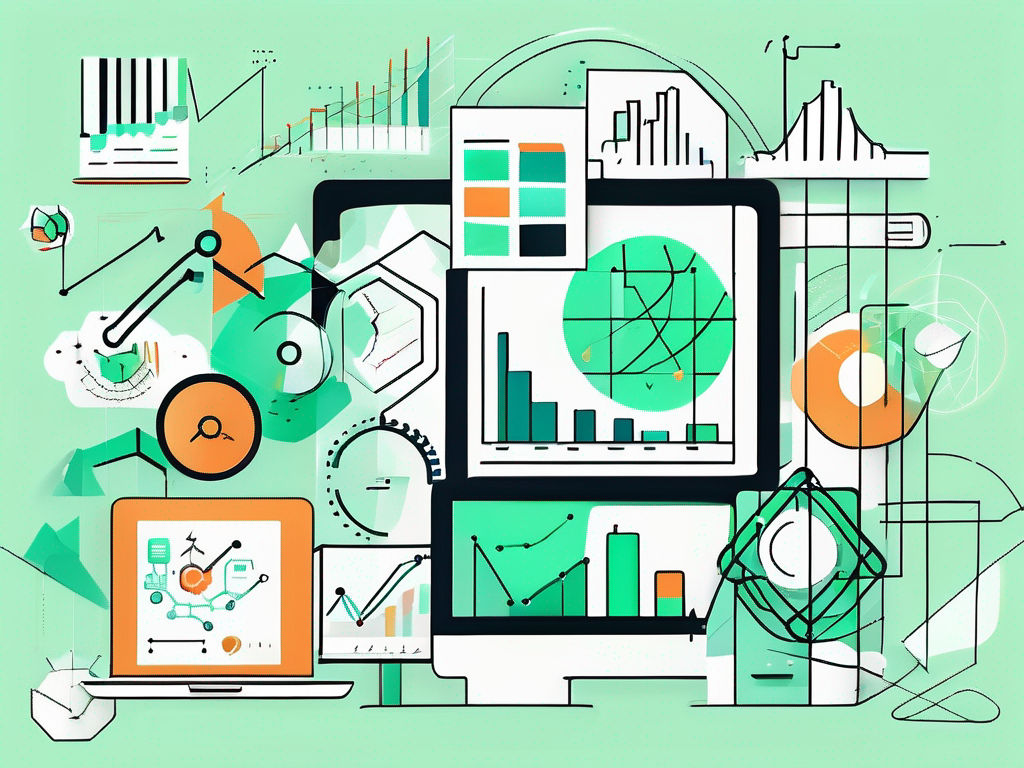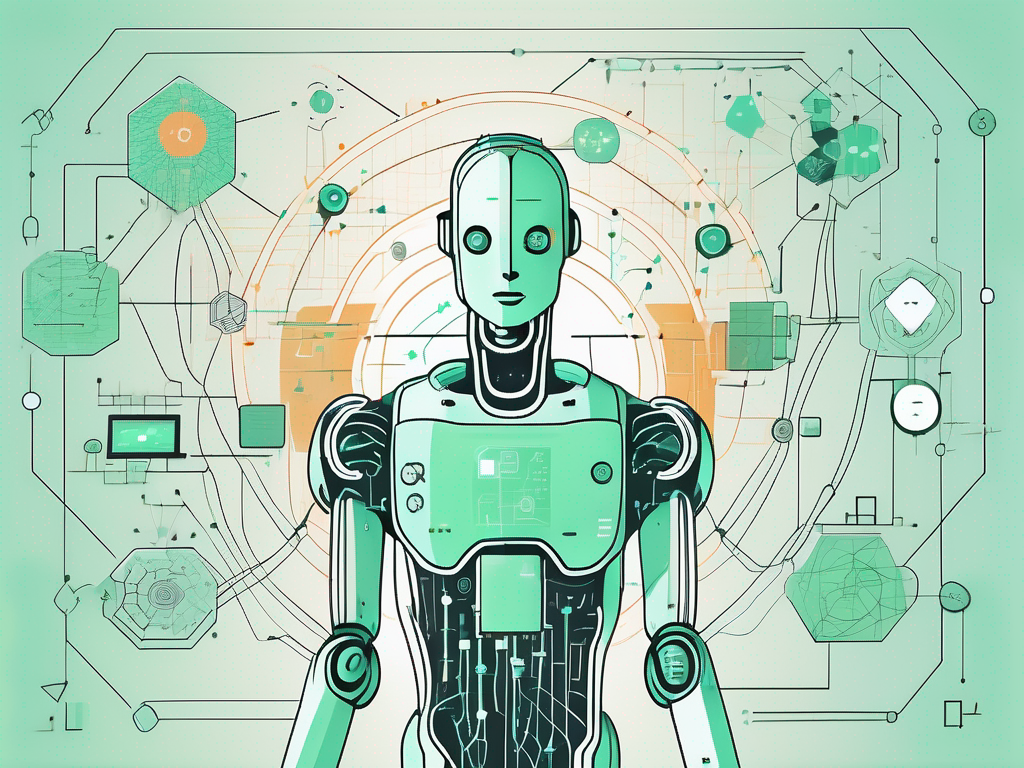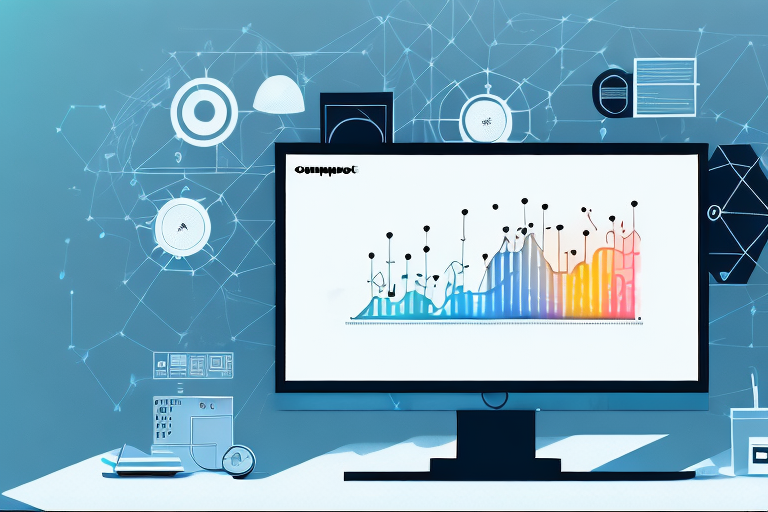.svg)
The Impact of Emerging Tech on Consumer Behaviour
.svg)

In the rapidly evolving landscape of technology, emerging innovations are reshaping the way consumers interact with brands, products, and services. From artificial intelligence to blockchain, these technological advancements are not only transforming industries but also significantly influencing consumer behaviour. Understanding these changes is crucial for businesses aiming to stay ahead in a competitive market. This exploration delves into the myriad ways emerging tech is altering consumer habits, preferences, and expectations.
Artificial Intelligence and Personalisation
Enhanced Customer Experience
Artificial intelligence (AI) has revolutionised the way businesses understand and engage with their customers. By analysing vast amounts of data, AI enables companies to offer highly personalised experiences that cater to individual preferences. This level of personalisation enhances customer satisfaction and fosters brand loyalty. Consumers now expect brands to anticipate their needs and provide tailored recommendations, making AI an indispensable tool in modern marketing strategies.
Predictive Analytics
Predictive analytics, powered by AI, allows businesses to forecast consumer behaviour with remarkable accuracy. By examining historical data and identifying patterns, companies can predict future trends and consumer needs. This capability enables businesses to optimise their inventory, improve customer service, and develop targeted marketing campaigns. As a result, consumers benefit from more relevant product offerings and a seamless shopping experience.
Chatbots and Virtual Assistants
Chatbots and virtual assistants have become integral components of customer service, providing instant support and assistance. These AI-driven tools are available 24/7, offering consumers immediate answers to their queries and facilitating smoother interactions with brands. The convenience and efficiency of chatbots enhance the overall customer experience, leading to increased satisfaction and engagement.
The Rise of Augmented Reality
Interactive Shopping Experiences
Augmented reality (AR) is transforming the retail landscape by offering consumers interactive and immersive shopping experiences. AR technology allows customers to visualise products in their real-world environment before making a purchase. This capability is particularly beneficial in sectors such as fashion and home decor, where seeing an item in context can significantly influence buying decisions. As a result, AR is reducing the uncertainty associated with online shopping and boosting consumer confidence.
Enhanced Product Visualisation
In addition to improving the shopping experience, AR enhances product visualisation by providing detailed, 3D representations of items. Consumers can explore products from every angle, gaining a comprehensive understanding of their features and benefits. This level of detail helps consumers make informed purchasing decisions, reducing the likelihood of returns and increasing overall satisfaction.
Brand Engagement and Loyalty
AR is also a powerful tool for fostering brand engagement and loyalty. By creating unique and memorable experiences, brands can differentiate themselves in a crowded market. Interactive AR campaigns capture consumer attention and encourage sharing on social media, amplifying brand reach and visibility. As consumers increasingly seek out brands that offer innovative and engaging experiences, AR is becoming a key differentiator in the battle for consumer loyalty.
Blockchain and Transparency
Building Trust with Consumers
Blockchain technology is redefining transparency and trust in consumer transactions. By providing a secure and immutable record of transactions, blockchain ensures that consumers can verify the authenticity and provenance of products. This level of transparency is particularly important in industries such as food and fashion, where ethical sourcing and sustainability are top consumer concerns. As consumers become more conscious of their purchasing decisions, blockchain offers a means to build trust and credibility.
Streamlining Supply Chains
Blockchain is also streamlining supply chains by enabling real-time tracking of products from production to delivery. This capability allows businesses to identify inefficiencies and optimise their operations, resulting in faster and more reliable service for consumers. The increased transparency and efficiency of blockchain-powered supply chains enhance consumer confidence and satisfaction, as they can track their purchases and ensure timely delivery.
Empowering Consumer Data Ownership
In an era where data privacy is a growing concern, blockchain offers consumers greater control over their personal information. By decentralising data storage and allowing consumers to manage their own data, blockchain empowers individuals to decide how their information is used and shared. This shift towards consumer data ownership aligns with increasing demands for privacy and security, fostering trust and loyalty among consumers.
The Internet of Things (IoT) and Smart Living
Connected Devices and Convenience
The Internet of Things (IoT) is revolutionising the way consumers interact with their environment by connecting everyday devices to the internet. From smart home appliances to wearable technology, IoT devices offer unparalleled convenience and control. Consumers can now manage their homes remotely, monitor their health in real-time, and automate routine tasks, leading to a more efficient and comfortable lifestyle.
Data-Driven Insights
IoT devices generate vast amounts of data that provide valuable insights into consumer behaviour and preferences. Businesses can leverage this data to develop targeted marketing strategies, optimise product offerings, and enhance customer experiences. For consumers, the data-driven insights from IoT devices enable more personalised and relevant interactions with brands, improving overall satisfaction and engagement.
Challenges and Considerations
While IoT offers numerous benefits, it also presents challenges related to data privacy and security. As more devices become interconnected, the risk of data breaches and cyberattacks increases. Consumers are becoming more aware of these risks and are demanding greater transparency and security measures from businesses. Addressing these concerns is crucial for maintaining consumer trust and ensuring the continued growth of IoT.
Conclusion
The impact of emerging technology on consumer behaviour is profound and far-reaching. As AI, AR, blockchain, and IoT continue to evolve, they are reshaping consumer expectations and transforming the way businesses engage with their audiences. Companies that embrace these technologies and adapt to changing consumer demands will be well-positioned to thrive in the digital age. By understanding and leveraging the potential of emerging tech, businesses can create meaningful and lasting connections with their customers, driving growth and success in an increasingly competitive market.
Related Posts
Let's
Let’s discuss how we can bring reinvigorated value and purpose to your brand.







.svg)